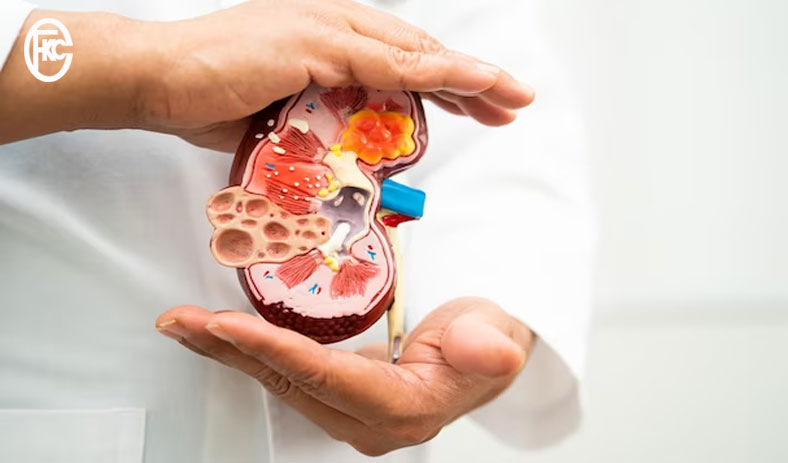
Overview:
A condition where the kidneys gradually lose their ability to function properly over time is known as chronic kidney disease (CKD). It is typically a progressive disease, meaning it worsens over time. Understanding the stages and progression of CKD is important for both patients and healthcare providers in order to manage the condition effectively.
Here are some following ways to understand CKD stages and progression:
1. What is CKD:
Learn about what CKD is, its causes, risk factors, and the symptoms associated with it.
2. Stages of CKD:
Familiarize yourself with the different stages of CKD, which are categorized based on the estimated glomerular filtration rate (eGFR).
3. eGFR:
Understand the significance of eGFR, a measurement of kidney function and an important indicator of disease progression.
4. Stage 1 CKD:
Explore the characteristics and management strategies for stage 1 CKD, where kidney damage is present but the eGFR is still relatively high.
5. Stage 2 CKD:
Learn about the features and treatment options for stage 2 CKD, where there is mild reduction in kidney function.
6. Stage 3 CKD:
Understand the symptoms, complications, and treatment options for stage 3 CKD, which is further divided into two sub-stages (3A and 3B) based on the eGFR.
7. Stage 4 CKD:
Explore the characteristics, potential complications, and treatment options for stage 4 CKD, where kidney function is significantly impaired.
8. Stage 5 CKD:
Learn about end-stage renal disease (ESRD), the final stage of CKD, where kidney function is severely reduced and requires dialysis or a kidney transplant.
9. Progression of CKD:
Understand the factors that contribute to the progression of CKD, including underlying health conditions, lifestyle choices, and genetic factors.
10. Monitoring CKD progression:
Regularly monitor kidney function through lab tests to track disease progression and make necessary treatment adjustments.
11. Lifestyle modifications:
Make lifestyle changes such as adopting a healthy diet, maintaining a healthy weight, quitting smoking, and managing blood pressure and blood sugar levels to slow down CKD progression.
12. Medications and treatments:
Consult with healthcare providers about appropriate medications and treatments to manage underlying conditions, control symptoms, and slow down the progression of CKD.
13. Importance of regular check-ups:
Stay on top of regular check-ups with healthcare providers to monitor kidney function, manage complications, and make necessary adjustments to treatment plans.
14. Kidney-friendly diet:
Work with a dietitian to create a kidney-friendly diet plan that helps manage CKD symptoms, slows down progression, and reduces the risk of complications.
15. Support and education:
Seek support and education from healthcare providers, support groups, and educational resources to better understand CKD stages and progression, and to receive guidance on managing the condition effectively.
Conclusion:
Understanding the stages and progression of chronic kidney disease (CKD) is crucial for both patients and healthcare providers in effectively managing the condition. By familiarizing yourself with the different stages, monitoring kidney function, making lifestyle modifications, and seeking appropriate medical treatments, it is possible to slow down CKD progression, manage symptoms, and reduce the risk of complications associated with the disease. Regular check-ups, a kidney-friendly diet, and access to support and education are also key factors in effectively understanding and managing CKD stages and progression.